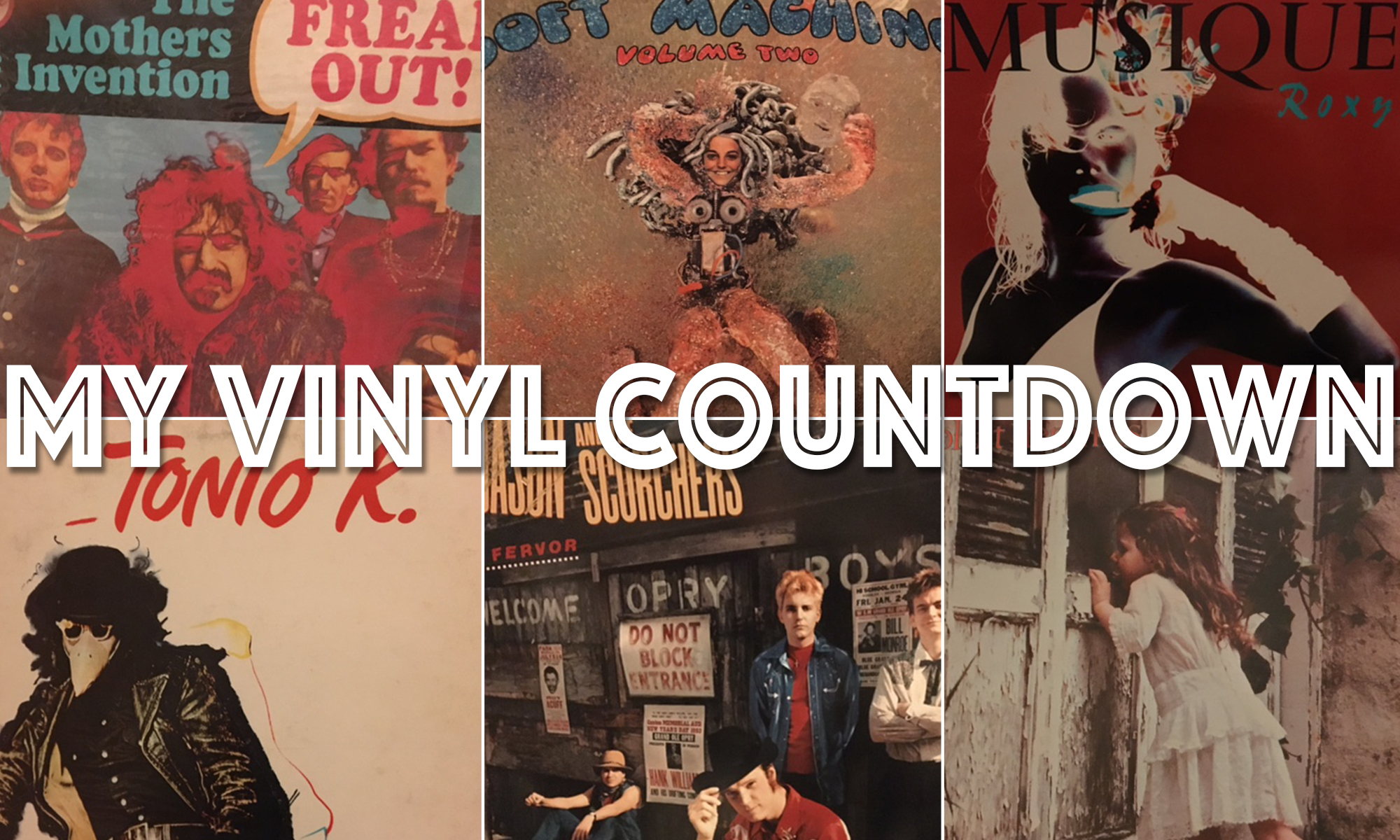Uh oh.
I warned my compatriots in the newsroom that I will begin going into a rumination stage.
It’s because I saw this headline first thing when I turned on the computer yesterday:
After death you’re aware that you’ve died, say scientists
Elizabeth Kübler-Ross famously studied and made known to the world the life-after-death experiences of thousands of people who were revived, but these accounts don’t tell us if consciousness continues after actual death. <didn’t Raymond Moody more famously study life after death? I thought Kubler-Ross is best known for writing on stages of grief.>
A growing body of research is studying the processes that occur after death and the findings suggest that that human consciousness does persist immediately after the heart stops.<Okay>
What it means is this: when we have died, we are aware we’re dead. Scientists have drawn this conclusion because they have observed the continuation of brain activity after the body has stopped showing signs of life. <OK, I haven’t read this article before I started critiquing, but I see lots of potential pitfalls to this logic already.>
This at least is the conclusion of researchers at New York University’s Langone School of Medicine. <OK, first we have ‘scientists’ now it’s down to researchers at a medical school I haven’t heard of>
Dr. Sam Parnia is director of critical care and resuscitation research at NYU Langone School of Medicine, where he and his team study patients who technically died but were afterwards resuscitated. <technically died?>
Parnia and his colleagues are currently investigating whether consciousness continues after the brain stops functioning. <is this where the rubber hits the road?> They’re studying large numbers of people in Europe and the United States who have suffered cardiac arrest and were then revived. It’s the largest study of its kind, Parnia told the Independent. <Isn’t this what Kubler-Ross or Moody did?”>
The point of death is taken as the moment when the heart stops beating and blood flow to the brain is cut off.
Dr Sam Parnia said: “Technically, that’s how you get the time of death – it’s all based on the moment when the heart stops. “Once that happens, blood no longer circulates to the brain, which means brain function halts almost instantaneously.<almost instantaneously? oxymoron?> You lose all your brain stem reflexes – your gag reflex, your pupil reflex, all that is gone.”<Ouch>
Here’s what’s incredible: there’s evidence to suggest that there’s still brain activity when someone has died. <not sure why that’s so incredible. Seems logical the brain would be the last one to turn out the lights.>
The brain’s cerebral cortex – which is responsible for thinking and processing information from the five senses – also instantly flatlines, says Dr Parnia. This means that within 2 to 20 seconds, no brainwaves will be detected on an electric monitor. <so up to 20 seconds there may be brainwaves detected.>
“If you manage to restart the heart, which is what CPR attempts to do, you’ll gradually start to get the brain functioning again. The longer you’re doing CPR, those brain cell death pathways are still happening — they’re just happening at a slightly slower rate,” Parnia told Live Science.
People in the first phase of death<first phase of death? Isn’t death like pregnancy, you either are or you are not?> may still experience some form of consciousness, Parnia said. Substantial anecdotal evidence reveals that people whose hearts stopped and were then restarted were able to describe accurate, verified accounts of what was going on around them, he added.
“They’ll describe watching doctors and nurses working; they’ll describe having awareness of full conversations, of visual things that were going on, that would otherwise not be known to them,” he explained. <could this be the brain imagining what is going on based on memory of surgery prep, etc.?>According to Parnia, these recollections were then verified by medical and nursing staff who were present at the time. <this I can believe>
Scientists can see that there is brain activity, but they can’t explain why people can have consciousness and thought processes when there is a flat line in the brain.
How could patients experience awareness during death?Doctors can measure brain activity, but what does that activity represent? We don’t know, because the person is technically dead.
It may very well be that the brain activity does represent continuation of consciousness, as the doctors concluded.
If we accept that the brain and the mind are not the same thing, that the mind exists beyond the brain and is the seat of awareness, then the brain is not needed for consciousness; it acts more as a transceiver for the activity of the mind. <I think this is an interesting theory but not seeing hard evidence it is true, therefore can’t just ‘accept’>
Also, according to quantum mechanics, the intention of the observer affects that which is being observed. In other words consciousness can influence the physical world. This suggests that the mind/consciousness is primary to physical existence – we can’t interpret or understand the physical world without making reference to the mind.<yes, understand>
To quote Max Planck, theoretical physicist who won the Nobel Prize in Physics in 1918 for his discovery of energy quanta: “I regard consciousness as fundamental. I regard matter as derivative from consciousness. We cannot get behind consciousness. Everything that we talk about, everything that we regard as existing, postulating consciousness.”<and no one so far has been able to tell us what consciousness is.>
Whether we can observe brain activity or not, it is most likely that consciousness continues beyond the death of the body (and the brain).<yes but at the max, according this article, of 20 seconds>
